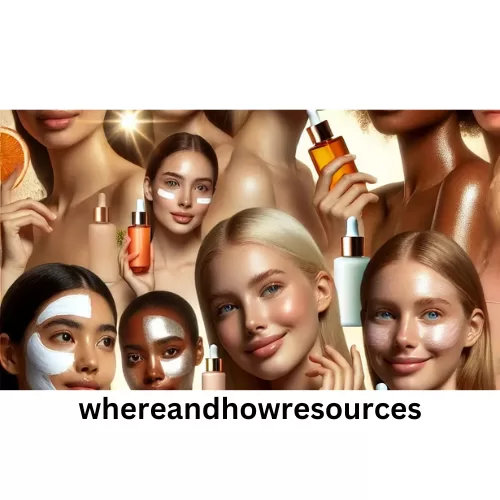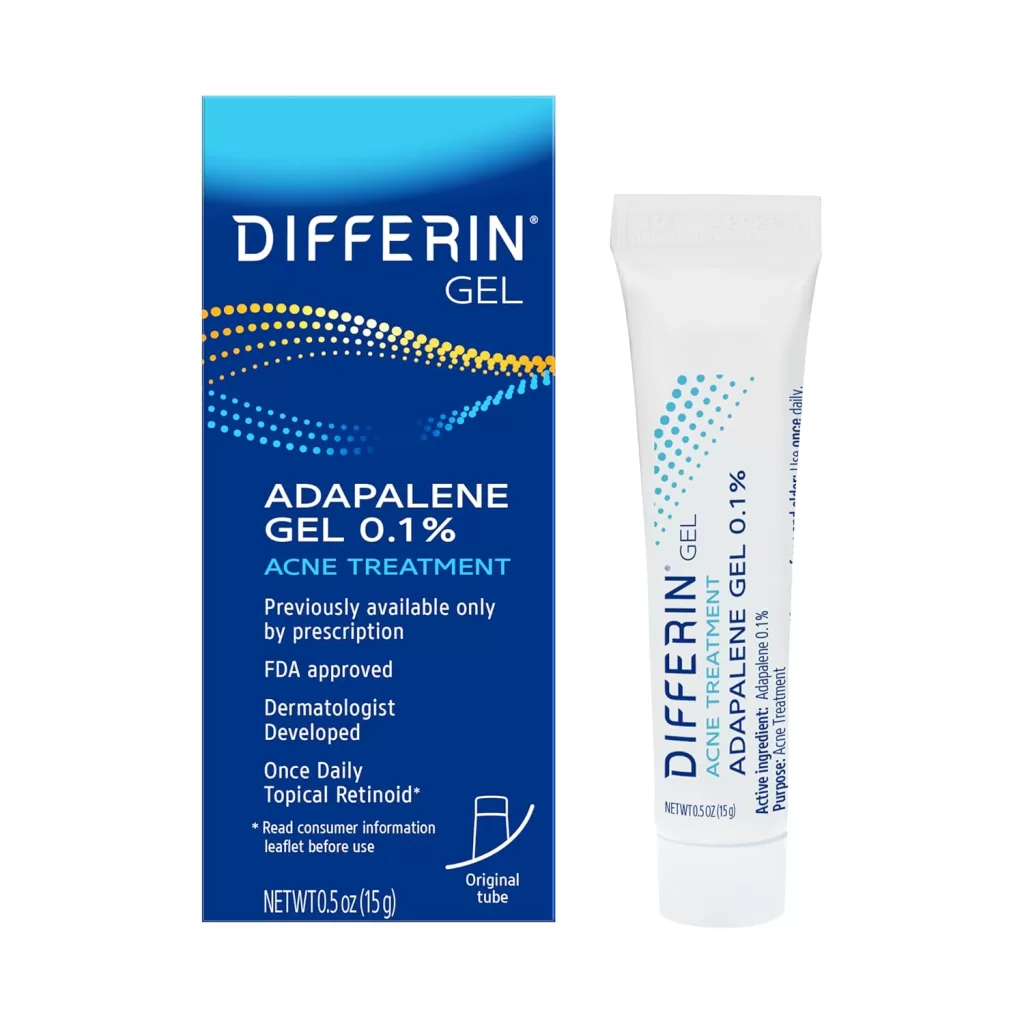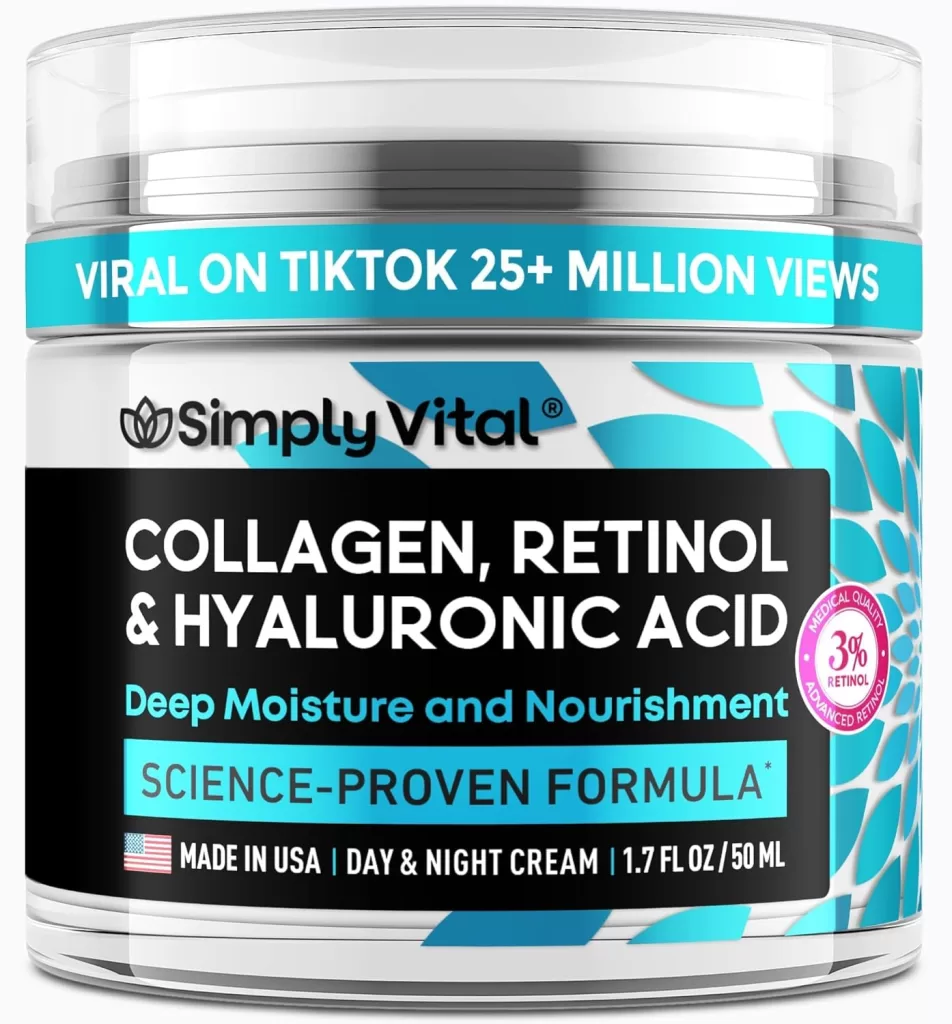Why Beauty Is So Focused on Anti-Ageing
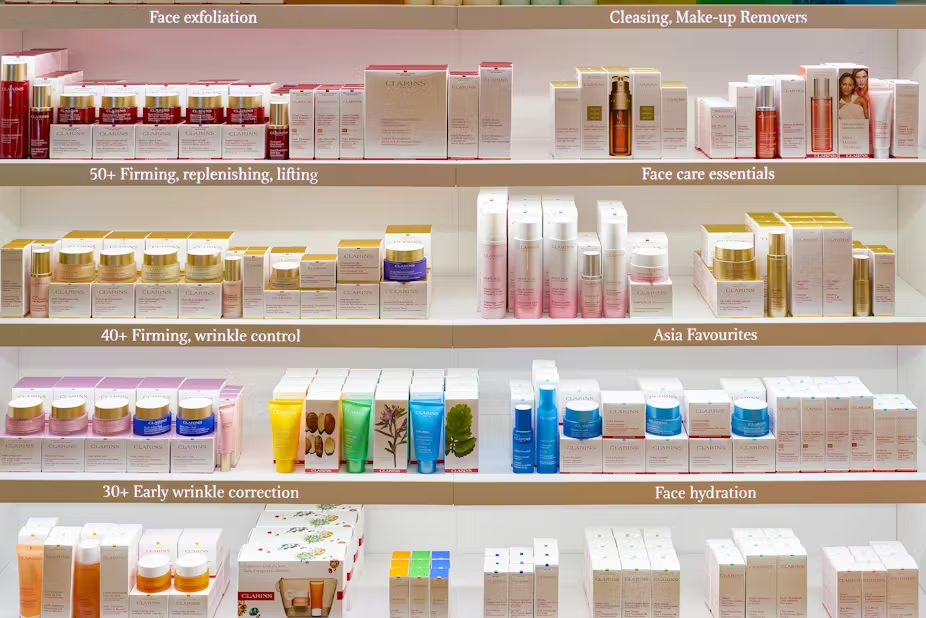
Anti-ageing is a term that has permeated nearly every corner of the beauty industry. From serums and creams to treatments and procedures, the conversation around ageing and reversing its effects is relentless. But why is the beauty world so fixated on the concept of anti-ageing? This article explores the reasons behind the constant buzz and dives into the societal, scientific, and cultural factors driving the conversation forward.
The Cultural Obsession with Youth
Society has long equated youth with beauty. But how does this influence the anti-ageing narrative?
The Impact of Media and Pop Culture
The media consistently reinforces the idea that youthful skin is more desirable. Celebrities, advertisements, and beauty influencers all contribute to the overwhelming emphasis on staying young. As a result, anti-ageing products have become a key focal point for those looking to maintain or recapture that youthful glow.

Anti-Ageing as a Status Symbol
In today’s world, looking younger is often viewed as a reflection of success, vitality, and affluence. Those who appear youthful are seen as more dynamic and energetic, which contributes to the ongoing obsession with anti-ageing solutions.
The Science Behind Anti-Ageing Products
What makes anti-ageing products so effective, and why are they continually in demand?
Popular Anti-Ageing Products and Treatments
When it comes to anti-aging, a wide variety of products and treatments are available to help maintain youthful skin. Some popular options include retinol-based serums, which boost cell turnover and minimize fine lines, and peptide-infused moisturizers that promote collagen production for firmer skin. For more advanced care, Botox and dermal fillers offer non-invasive solutions to smooth wrinkles, while laser resurfacing treatments address skin texture and hyperpigmentation. Antioxidant serums like those with vitamin C also protect against environmental damage, preventing premature aging. These options cater to diverse skin concerns and goals.
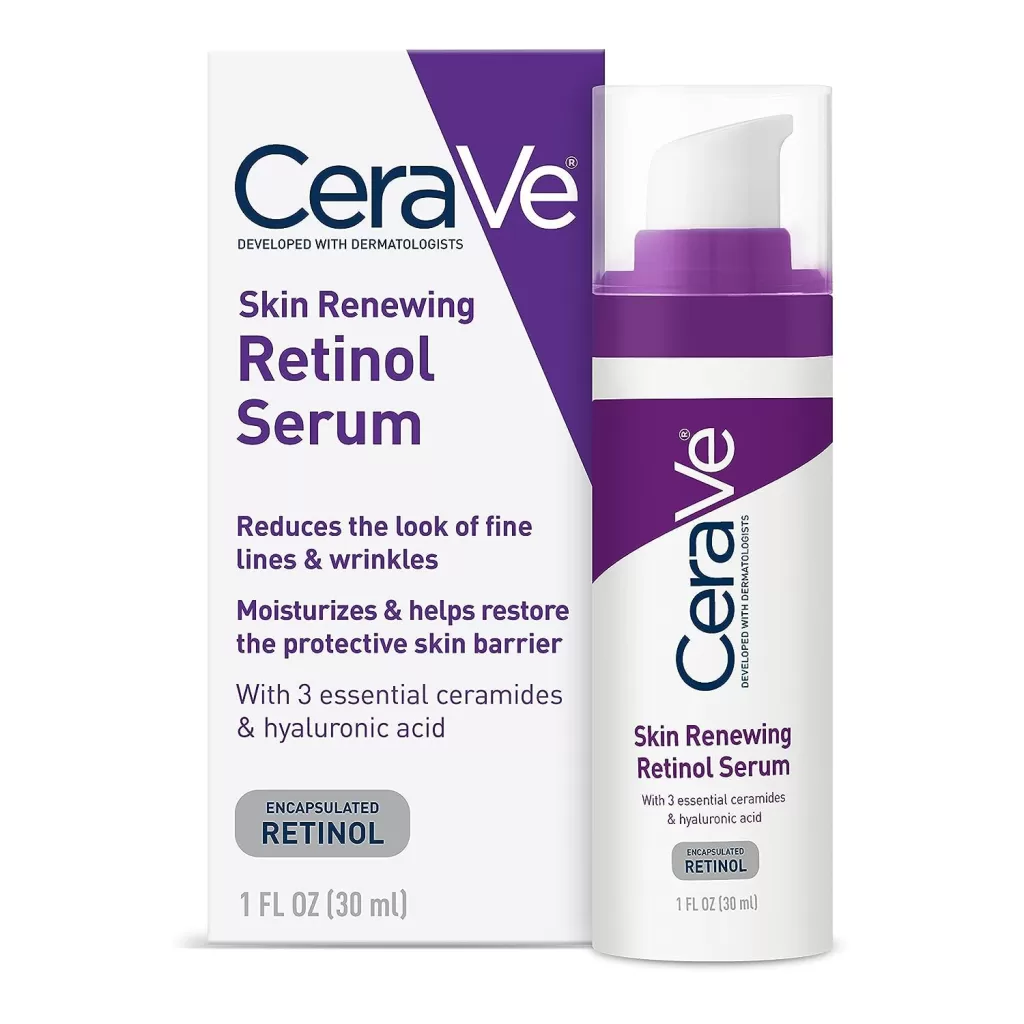
CeraVe Anti Aging Retinol Serum | Cream Serum for Smoothing Fine Lines and Skin Brightening | With Retinol, Hyaluronic Acid, Niacinamide, and Ceramides
Breakthroughs in Skincare Science
Science plays a significant role in the anti-ageing conversation. With advancements in ingredients like retinol, peptides, and antioxidants, anti-ageing products have become more sophisticated and effective than ever before. These formulations promise to reduce wrinkles, improve skin elasticity, and promote a more youthful appearance.
How Skincare Ingredients Fight Ageing
Anti-ageing products often rely on key ingredients that target the visible signs of ageing. Retinoids, for instance, encourage cell turnover, while antioxidants protect against environmental damage. Hyaluronic acid and peptides are also commonly used to maintain skin’s hydration and firmness, further delaying the onset of fine lines and wrinkles.
Societal Pressures and Ageing
While science and beauty trends fuel the conversation, societal expectations also play a significant role in the anti-ageing dialogue.
Ageing and Gender Norms
Women, in particular, feel immense pressure to maintain a youthful appearance. Societal standards often portray women as more valuable or attractive when they appear younger, which fuels the demand for anti-ageing products. This pressure is not exclusive to women, though; men are also increasingly targeted by the anti-ageing industry.
The Fear of Ageing
Ageing is often seen as a decline, not just physically but also socially. Many fear the stigma associated with looking older, driving them to seek anti-ageing solutions to preserve their youthful looks for as long as possible.
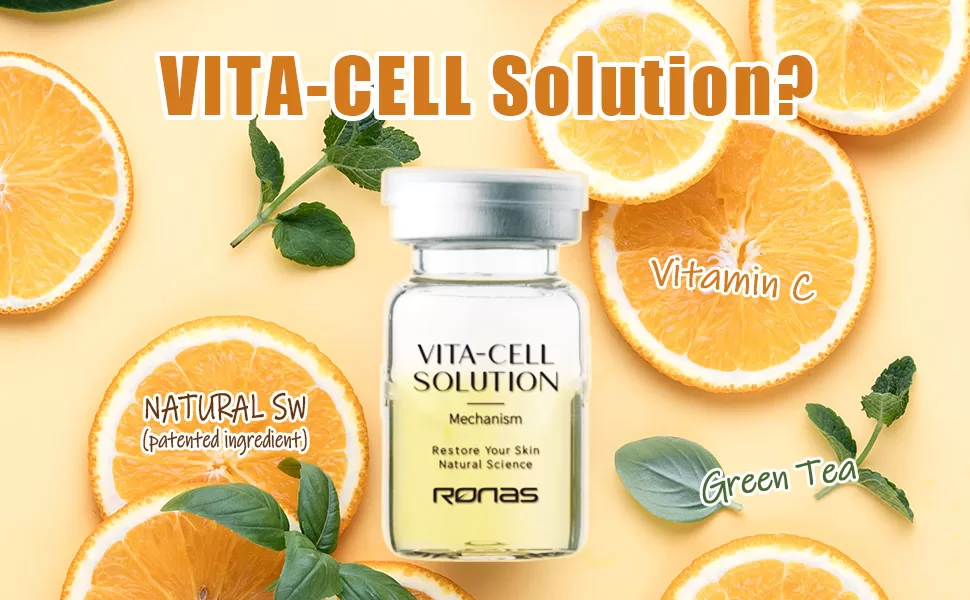
The Rise of Non-Invasive Anti-Ageing Treatments
Beyond creams and serums, the beauty industry offers a wide array of non-invasive treatments that promise to reverse the signs of ageing.
Botox, Fillers, and Lasers
Non-invasive procedures like Botox, dermal fillers, and laser treatments have become increasingly popular for their quick results and minimal downtime. These treatments offer more dramatic results than topical products and have normalized the pursuit of youthful skin well into middle age and beyond.
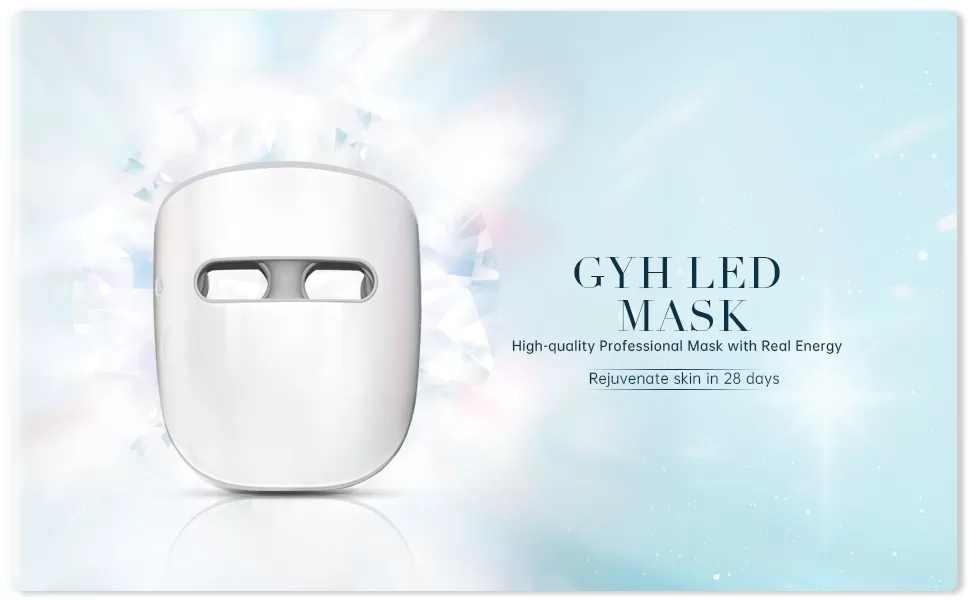
Long-Term Effects of Non-Invasive Procedures
While many opt for these treatments to combat wrinkles and sagging skin, it’s important to understand the long-term effects and maintenance they require. For many, regular treatments become a part of their routine, further embedding the idea that anti-ageing is an ongoing pursuit.
Why the Anti-Ageing Conversation Won’t Stop
Despite growing movements toward self-acceptance and ageing gracefully, the anti-ageing narrative persists. Here’s why it’s likely here to stay.
Beauty Industry Profits and Marketing
The beauty industry is a billion-dollar business, and anti-ageing products make up a substantial portion of its revenue. Companies continue to innovate and market anti-ageing solutions because the demand remains high, fueled by both societal pressures and individual desire.
The Evolving Definition of Ageing
Though “anti-ageing” once strictly meant reversing the signs of ageing, the conversation is evolving. Now, it includes preventive care and maintenance, with many people starting anti-ageing routines in their 20s and 30s to delay the visible effects of ageing. This shift ensures that the anti-ageing discussion remains relevant across all age groups.

Embracing Ageing: A New Perspective?
While the anti-ageing conversation shows no signs of slowing down, a growing movement is encouraging people to embrace ageing instead of fearing it.
The Power of Positive Ageing
Positive ageing focuses on embracing the natural ageing process and caring for your skin at every stage of life. This perspective shifts the conversation away from reversing age-related changes to promoting overall skin health and well-being.
Celebrating Ageing Gracefully
More individuals are choosing to age gracefully, prioritizing skin care routines that focus on hydration, sun protection, and skin health over wrinkle reduction. This movement towards self-acceptance challenges the long-held notion that younger is always better.
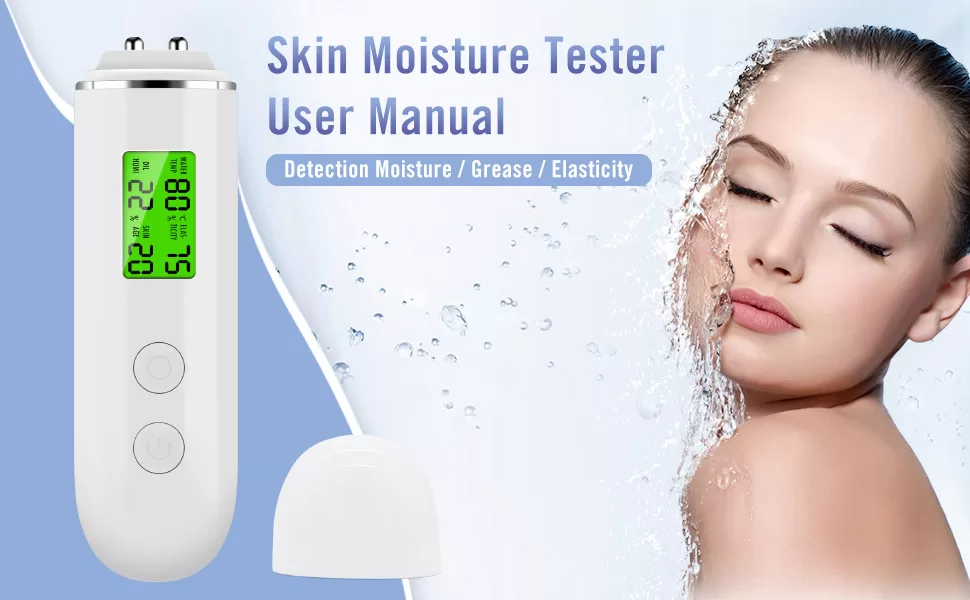
Final Thoughts
The beauty industry’s fixation on anti-ageing isn’t going away anytime soon. While there’s a growing conversation about ageing gracefully and embracing natural beauty, societal pressures and scientific innovations will continue to drive the demand for anti-ageing products and treatments. Ultimately, how you choose to approach ageing is a personal decision, but with the right knowledge, you can maintain healthy, radiant skin at any age.
Ready to transform your skincare routine? Explore these recommended products and start your journey towards smoother, more youthful skin today! Whereandhowresources
